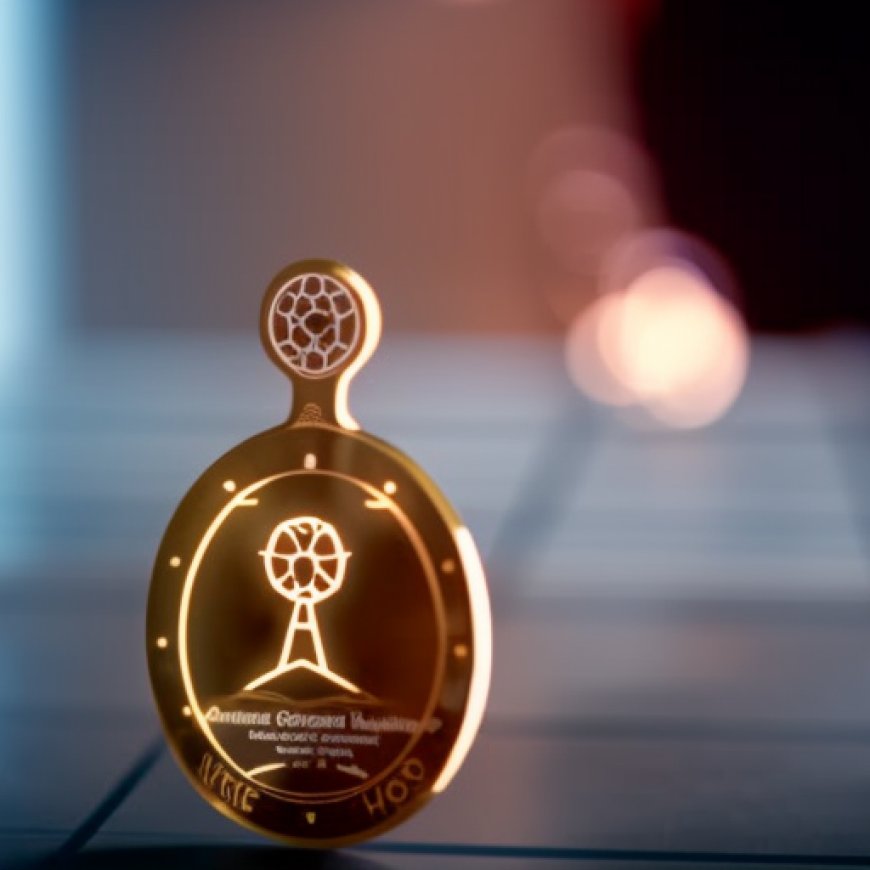WHO and HRP Leader in Global Adolescent Health Receives Prestigious Award from Rotary International
WHO and HRP Leader in Global Adolescent Health Receives ... World Health Organization


Adolescents and Youth Worldwide Face Challenges in Sexual and Reproductive Health
Adolescents and youth around the world encounter various challenges when it comes to their sexual and reproductive health. While progress has been made in many countries, persistent inequities continue to hinder optimal outcomes for all. Extensive research conducted by the HRP (UNDP/UNFPA/UNICEF/WHO/World Bank Special Programme of Research, Development and Research Training in Human Reproduction) has shown the positive impact of comprehensive sexuality education on the sexual and reproductive health of young people.
Guidance Documents for Comprehensive Sexuality Education
In collaboration with UNESCO and other UN partners, two crucial guidance documents have been published to provide guidance on implementing high-quality comprehensive sexuality education:
- International technical guidance on sexuality education. An evidence-informed approach: This document aims to guide countries, regardless of their available resources, in implementing comprehensive sexuality education within and outside of school settings.
- International Technical and Programmatic Guidance on Out-of-School Comprehensive Sexuality Education (CSE). Condensed edition: This resource focuses on comprehensive sexuality education for young people outside of school.
Recognition of Dr Venkatraman Chandra-Mouli’s Contributions
Dr Venkatraman Chandra-Mouli, a scientist in WHO’s Department of Sexual and Reproductive Health and Research and HRP, has dedicated over 30 years to researching and advocating for the sexual and reproductive health of adolescents and young people. His exceptional contributions have been recognized with the 2022-2023 Nafis Sadik Award from the Rotary Action Group for Reproductive, Maternal and Child Health. The award acknowledges his outstanding leadership, scholarship, and service in adolescent sexual and reproductive health.
John Townsend, Chair of the Rotary Action Group, presented the award and highlighted Dr Chandra-Mouli’s significant contributions to building the epidemiological and evidence base for adolescent sexual and reproductive health. He also commended Dr Chandra-Mouli’s efforts in helping countries translate evidence into action through well-designed policies and programs for young people.
The Legacy of Nafis Sadik and the Sustainable Development Goals
The Nafis Sadik Award is given to individuals who have made remarkable achievements in advancing the legacy of Nafis Sadik, a prominent obstetrician-gynecologist from Pakistan. Sadik’s visionary plan of action during the International Conference on Population and Development in Cairo in 1994 laid the groundwork for the development of the Sustainable Development Goals.
Receiving the Award and Advocating for Adolescent Health
Dr Chandra-Mouli received the Nafis Sadik Award at a special Rotary International event in Australia, which focused on the sexual and reproductive health and rights of women and girls. The event was part of the 1.8 Billion Young People for Change campaign, advocating for increased investment in adolescent health and well-being. Dr Chandra-Mouli expressed his gratitude for the award and highlighted the progress made in improving the sexual and reproductive health of adolescents over the past thirty years. He also emphasized the importance of comprehensive sexuality education, stating that shying away from it disempowers young people and prevents them from making informed choices.
Dr Chandra-Mouli concluded by urging individuals and communities to take responsibility for changing the situation, as children and adolescents are currently being denied necessary information while being exposed to misinformation.
SDGs, Targets, and Indicators
-
SDG 3: Good Health and Well-being
- Target 3.7: By 2030, ensure universal access to sexual and reproductive healthcare services, including for family planning, information and education, and the integration of reproductive health into national strategies and programs.
- Indicator: The article discusses the positive impact of comprehensive sexuality education on sexual and reproductive health outcomes for young people, emphasizing the need for high-quality comprehensive sexuality education.
-
SDG 4: Quality Education
- Target 4.7: By 2030, ensure that all learners acquire the knowledge and skills needed to promote sustainable development, including through education for sustainable development and sustainable lifestyles, human rights, gender equality, promotion of a culture of peace and non-violence, global citizenship, and appreciation of cultural diversity and of culture’s contribution to sustainable development.
- Indicator: The article mentions the International technical guidance on sexuality education and International Technical and Programmatic Guidance on Out-of-School Comprehensive Sexuality Education (CSE) as resources that aim to guide countries in implementing high-quality comprehensive sexuality education within and outside of school settings.
Table: SDGs, Targets, and Indicators
| SDGs | Targets | Indicators |
|---|---|---|
| SDG 3: Good Health and Well-being | Target 3.7: By 2030, ensure universal access to sexual and reproductive healthcare services, including for family planning, information and education, and the integration of reproductive health into national strategies and programs. | The article discusses the positive impact of comprehensive sexuality education on sexual and reproductive health outcomes for young people, emphasizing the need for high-quality comprehensive sexuality education. |
| SDG 4: Quality Education | Target 4.7: By 2030, ensure that all learners acquire the knowledge and skills needed to promote sustainable development, including through education for sustainable development and sustainable lifestyles, human rights, gender equality, promotion of a culture of peace and non-violence, global citizenship, and appreciation of cultural diversity and of culture’s contribution to sustainable development. | The article mentions the International technical guidance on sexuality education and International Technical and Programmatic Guidance on Out-of-School Comprehensive Sexuality Education (CSE) as resources that aim to guide countries in implementing high-quality comprehensive sexuality education within and outside of school settings. |
Behold! This splendid article springs forth from the wellspring of knowledge, shaped by a wondrous proprietary AI technology that delved into a vast ocean of data, illuminating the path towards the Sustainable Development Goals. Remember that all rights are reserved by SDG Investors LLC, empowering us to champion progress together.
Source: who.int

Join us, as fellow seekers of change, on a transformative journey at https://sdgtalks.ai/welcome, where you can become a member and actively contribute to shaping a brighter future.







